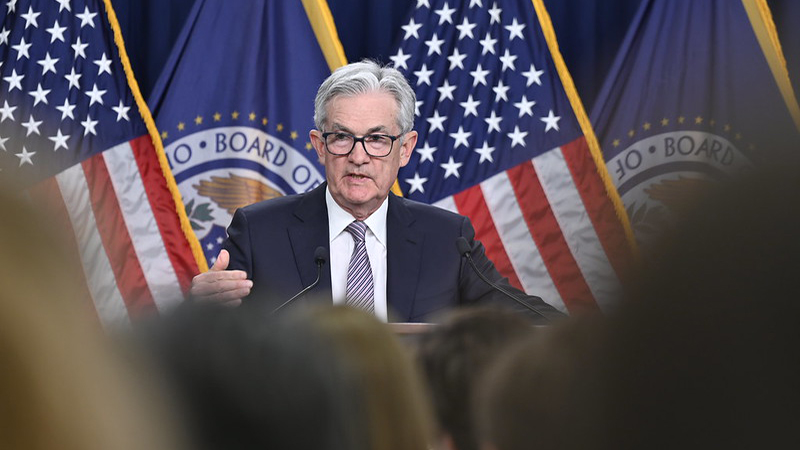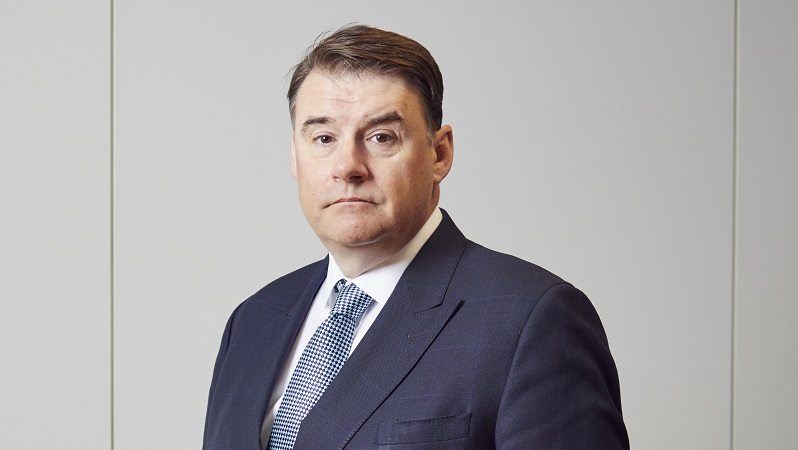Aggressive cost cutting measures have seen WH Ireland post its first quarterly profit in “a number of years” but the firm’s head of wealth management says the tightening of purse strings is not yet over.
Figures for Q1 of WH Ireland’s current financial year, 1 April to 30 June 2020, revealed a profit of £200,000 after both parts of the business, wealth management and investment banking, traded in the black. It follows an overall loss of £11.3m in 2018.
In July last year, chief executive Phillip Wale told Portfolio Adviser he believed the firm would be profitable by the end of the March, but his plans were scuppered by a profit warning in February followed in April by the prediction of a £2.2m loss for 2019 after the onset of the coronavirus pandemic.
Significant cost cutting gets the job done
WH Ireland head of wealth management Stephen Ford (pictured) told Portfolio Adviser the return to profit in Q1 was due to significant cost reductions as a result of consolidating duplicate wealth management platforms and corporate broking trading systems, as well as the closure of non-performing offices.
Ford said the Q1 results reflected not only the success of the business’s cost base reduction but also the recovery in markets, with the FTSE moving from a level of around 5,000 at the Covid-19 crisis peak on 23 March to about 6,000 now.
“In summary, we entered last year losing £0.5m a month,” said Ford. “We announced in January, we thought we were back to profitability just before Covid hit. Really all businesses took a step back in February and March, but we’re pleased to make such a huge impact on a) the cost base; and b) the losses.”
He added: “On wealth management, hopefully we’re showing the world that we have a sustainable business model now at much lower levels on the FTSE 100.”
Drivers for cost savings
Last year the firm consolidated its middle office functions at its Manchester office and earlier this year it closed its Milton Keynes office. Group headcount at June 2020 was 148, down from 159 at June 2019,
Last week, WH Ireland announced it had offloaded its Isle of Man wealth subsidiary to Stephen Lansdown-backed wealth business Ravenscroft.
Ford said: “Isle of Man was the last shoe to drop, as it were. It was clear we were never going to have the capital to expand an investment banking business, a domestic wealth management business and an international business, so getting rid of the international business… was the most sensible way forward.”
Ford said there are no further plans to cut personnel on the wealth management side of the business.
“I’ve got to the point now where my focus is much more about growth and adding assets because I have one platform that works well and I’m not losing money. So that gives me confidence to now think about how I can scale this business.”
But he said there is more cost-cutting to do in other parts of the business, albeit in less headline-grabbing areas such as technology contract reviews. “We’re not celebrating a 20% margin,” he added.
Acquisitions are bound to happen
Ford said inorganic growth “has to form part of our strategy over the longer term” but added it’s impossible to dictate when deals may arise, there is huge competition and some of the prices being paid are full.
“Over the next three years will acquisitions for part of our strategy? Absolutely, but we’re not going to build a business of the size I want to build through inorganic growth alone.”
In April, WH Ireland confirmed it was in acquisition talks with Wale’s former employer Cantor Fitzgerald Europe. This was, however, abandoned a month later.
Costs reduced across the board
The group’s results for the 12 months to the end of March, published on Thursday, revealed a reduction in cost base by 23% to £25.8m which helped cushion a 3% decline in revenue to £22.9m. It reported an operating loss of £3.2m including exceptional items, down from £10.2m the year before.
The wealth management division’s cost base declined 33% over the year, from £16.6m to £11.1m. But total assets under management declined to £1.8bn, from £2.5bn in 2019, due to some fund outflows and reduced market values in the last two months of the financial year.
Discretionary AUM as a proportion of the total funds under management remained stable at 48%.
The firm’s corporate and institutional broking business won 12 new clients in the year and saw a 31% increase in funds raised, from £51m in 2019 to £67m.
Ford said: “April, May and June have not been a great time, markets have been low and yet we’ve managed to show a profit in both divisions and that sum is to £200,000 pounds, which is not a massive margin, but for WH Ireland to show a profitable quarter is, I think, newsworthy.”
He added: “If you’d said to me in February and March that we’ll be talking this way, I don’t think I would have believed you.”











